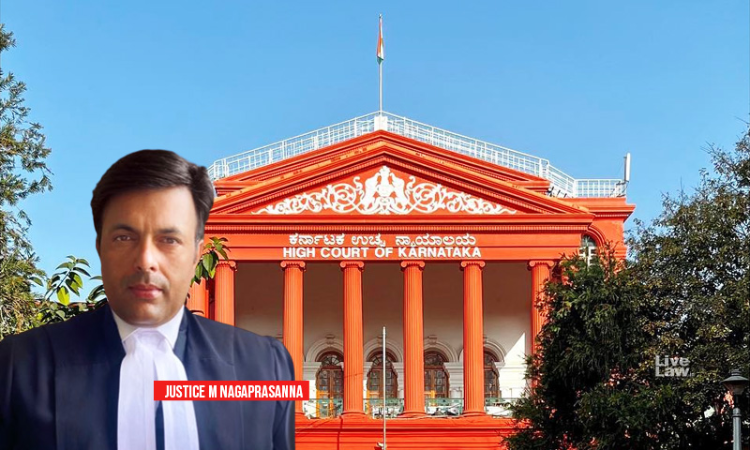The Karnataka High Court has held that the Debts Recovery Tribunal, or Civil/Criminal Courts and even the police do not have the power to impound the passport of a citizen.A single judge bench of Justice M Nagaprasanna said “The civil Court or the criminal Court itself do not have the power to impound the passport. Section 102 or 104 of the Cr.P.C. empowers the Police to seize and the Court...

